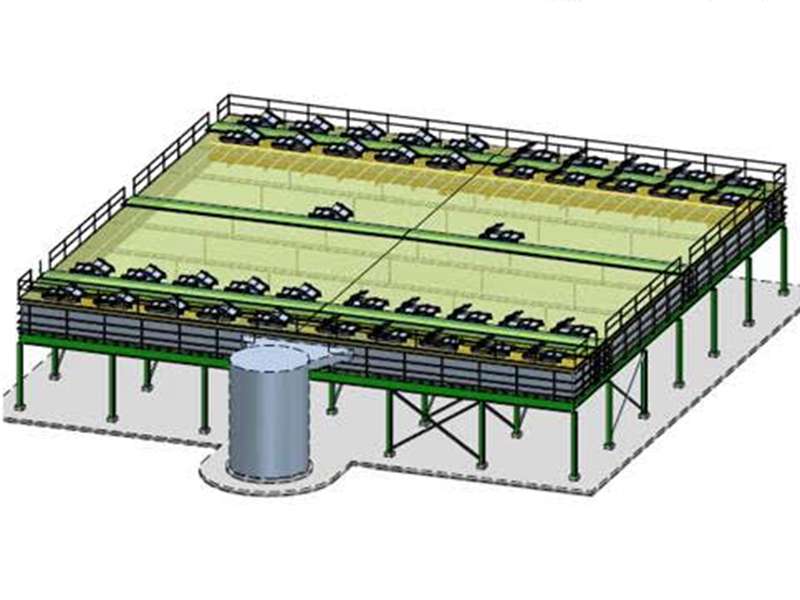
-
 Afrikaans
Afrikaans -
 Albanian
Albanian -
 Amharic
Amharic -
 Arabic
Arabic -
 Armenian
Armenian -
 Azerbaijani
Azerbaijani -
 Basque
Basque -
 Belarusian
Belarusian -
 Bengali
Bengali -
 Bosnian
Bosnian -
 Bulgarian
Bulgarian -
 Catalan
Catalan -
 Cebuano
Cebuano -
 China
China -
 China (Taiwan)
China (Taiwan) -
 Corsican
Corsican -
 Croatian
Croatian -
 Czech
Czech -
 Danish
Danish -
 Dutch
Dutch -
 English
English -
 Esperanto
Esperanto -
 Estonian
Estonian -
 Finnish
Finnish -
 French
French -
 Frisian
Frisian -
 Galician
Galician -
 Georgian
Georgian -
 German
German -
 Greek
Greek -
 Gujarati
Gujarati -
 Haitian Creole
Haitian Creole -
 hausa
hausa -
 hawaiian
hawaiian -
 Hebrew
Hebrew -
 Hindi
Hindi -
 Miao
Miao -
 Hungarian
Hungarian -
 Icelandic
Icelandic -
 igbo
igbo -
 Indonesian
Indonesian -
 irish
irish -
 Italian
Italian -
 Japanese
Japanese -
 Javanese
Javanese -
 Kannada
Kannada -
 kazakh
kazakh -
 Khmer
Khmer -
 Rwandese
Rwandese -
 Korean
Korean -
 Kurdish
Kurdish -
 Kyrgyz
Kyrgyz -
 Lao
Lao -
 Latin
Latin -
 Latvian
Latvian -
 Lithuanian
Lithuanian -
 Luxembourgish
Luxembourgish -
 Macedonian
Macedonian -
 Malgashi
Malgashi -
 Malay
Malay -
 Malayalam
Malayalam -
 Maltese
Maltese -
 Maori
Maori -
 Marathi
Marathi -
 Mongolian
Mongolian -
 Myanmar
Myanmar -
 Nepali
Nepali -
 Norwegian
Norwegian -
 Norwegian
Norwegian -
 Occitan
Occitan -
 Pashto
Pashto -
 Persian
Persian -
 Polish
Polish -
 Portuguese
Portuguese -
 Punjabi
Punjabi -
 Romanian
Romanian -
 Russian
Russian -
 Samoan
Samoan -
 Scottish Gaelic
Scottish Gaelic -
 Serbian
Serbian -
 Sesotho
Sesotho -
 Shona
Shona -
 Sindhi
Sindhi -
 Sinhala
Sinhala -
 Slovak
Slovak -
 Slovenian
Slovenian -
 Somali
Somali -
 Spanish
Spanish -
 Sundanese
Sundanese -
 Swahili
Swahili -
 Swedish
Swedish -
 Tagalog
Tagalog -
 Tajik
Tajik -
 Tamil
Tamil -
 Tatar
Tatar -
 Telugu
Telugu -
 Thai
Thai -
 Turkish
Turkish -
 Turkmen
Turkmen -
 Ukrainian
Ukrainian -
 Urdu
Urdu -
 Uighur
Uighur -
 Uzbek
Uzbek -
 Vietnamese
Vietnamese -
 Welsh
Welsh -
 Bantu
Bantu -
 Yiddish
Yiddish -
 Yoruba
Yoruba -
 Zulu
Zulu
High-Quality Fiberglass Chemical Products for Industrial Applications
Fiberglass Chemical Products Innovations and Applications
Fiberglass, a composite material made from fine fibers of glass, is renowned for its strength, lightweight properties, and versatility. The chemical products associated with fiberglass play a crucial role in enhancing its performance and expanding its applications across various industries. From construction to automotive and aerospace, fiberglass chemical products have carved a niche due to their unique properties and benefits.
At the core of fiberglass production are resin systems, primarily polyester and epoxy resins, which are essential for binding the glass fibers together. Polyester resins are widely used due to their cost-effectiveness and ease of application. They offer good mechanical properties and resistance to UV light, making them suitable for outdoor applications, such as in boat building and roofing materials. On the other hand, epoxy resins provide superior strength, chemical resistance, and durability, making them a preferred choice in high-performance applications like aerospace and high-end automotive components.
The advancement of fiberglass chemical products is closely tied to innovation in resin formulation. Newer formulations are emerging that enhance the properties of traditional resins. For instance, the introduction of hybrid resins combines the best characteristics of polyester and epoxy, achieving improved mechanical properties and reduced cure times. Moreover, advancements in curing agents and additives are also transforming the sector, allowing for better control over the curing process, which ultimately leads to enhanced performance of the fiberglass.
fiberglass chemical product

One of the most significant trends in the fiberglass industry is the move towards sustainability. Many manufacturers are now focusing on eco-friendly resin systems that contain reduced levels of volatile organic compounds (VOCs). Bio-based resins made from renewable resources are also gaining traction. These sustainable options not only help minimize environmental impact but also cater to a growing market demand for green building materials.
Another area of growth is the use of fiberglass in the industrial sector for corrosion-resistant applications. Chemical processing industries benefit immensely from fiberglass-reinforced plastics (FRP), which offer a robust alternative to traditional materials like steel and aluminum. FRP can withstand harsh chemicals, extreme temperatures, and corrosive environments, making it ideal for tanks, piping, and other infrastructure.
In the world of consumer products, fiberglass plays a prominent role in sports equipment, including surfboards, bicycles, and automotive parts. The ability to mold fiberglass into complex shapes while keeping weight low has led to its popularity in crafting high-performance gear.
In conclusion, fiberglass chemical products are at the forefront of materials science, providing solutions that are not only efficient but also versatile and increasingly sustainable. As research and development continue in this field, we can expect even more innovative applications and formulations that will further solidify fiberglass's position as a fundamental material in various sectors. From enhancing the durability of everyday products to supporting advanced technological applications, the future of fiberglass chemical products looks promising, paving the way for an exciting era in material engineering.









